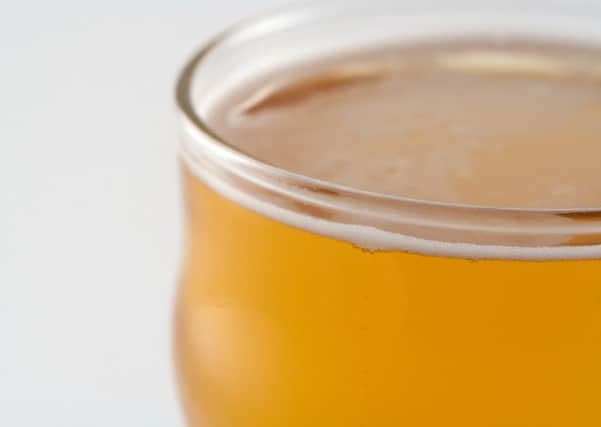Crackdown on drunkenness


Officers joined forces with local councils, the Fire and Rescue Service and the health service to visit pubs, bars, off-licences, takeaways and hotels.
The action came as part of the “In Focus: Alcohol Harm” initiative, a national campaign which saw police forces across the country patrolling drinking hotspots as the college and university fresher’s season got under way.
Advertisement
Hide AdAdvertisement
Hide AdNearly 170 seizures of alcohol were made, eight warning letters were sent to licenced premises for breaching their licence conditions and an improvement notice was issued to an establishment for public safety.
Test purchase operations were also carried out across the county. A total of 42 premises were visited and ten of these failed by selling alcohol to someone underage.
Supt Stuart Noble said: “Not only is alcohol often a contributory factor to anti-social behaviour, it is also linked to violent crime, domestic abuse and child abuse.
“The police do a huge amount of work day-in-day-out to prevent alcohol-related crime and this campaign aimed to raise awareness of the work we do alongside other agencies.
Advertisement
Hide AdAdvertisement
Hide Ad“We will continue to work with other agencies and licensed premises in Lancashire to try to keep our residents and visitors safe.
“It is not just for the police to tackle though. Alcohol harm is a social issue that we all have a stake in solving. Residents of Lancashire can help by not drinking excessively and by taking responsibility for themselves and their friends.”
Jacqui Sumner, Health Improvement Specialist at Lancashire Care NHS Foundation Trust said: “Alcohol related harm continues to be one of the key health risks to our society and alcohol related hospital admissions continue to increase. We know one in four adults are drinking above healthy drinking guidelines which can increase risk to their health, safety and wellbeing.”